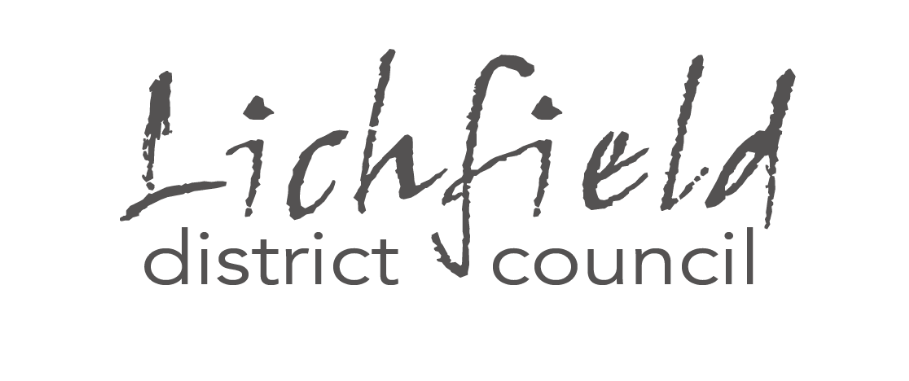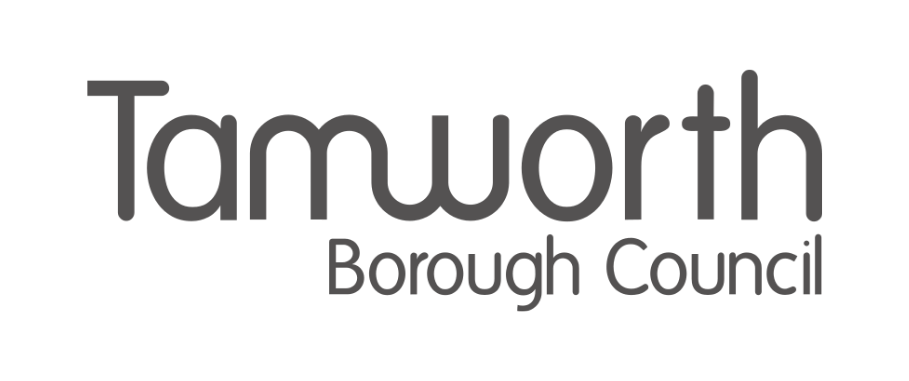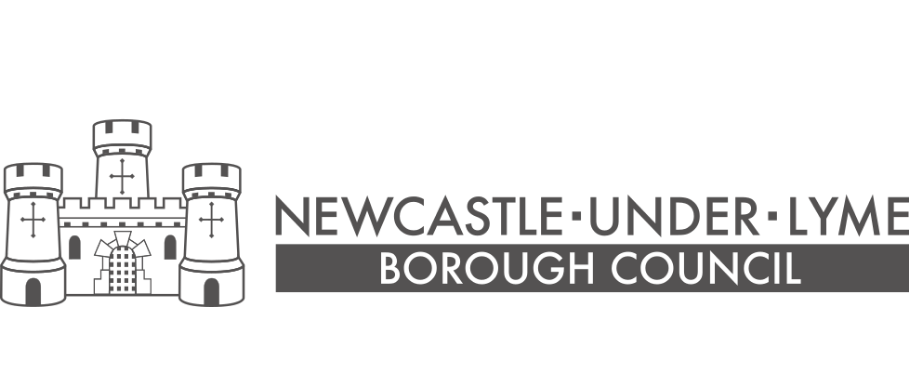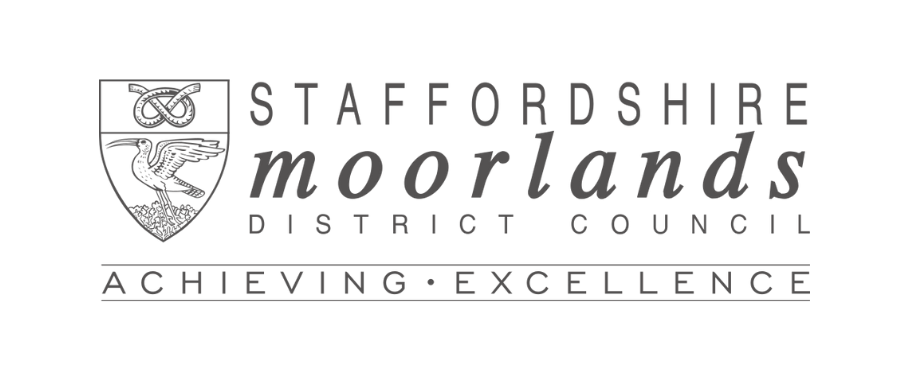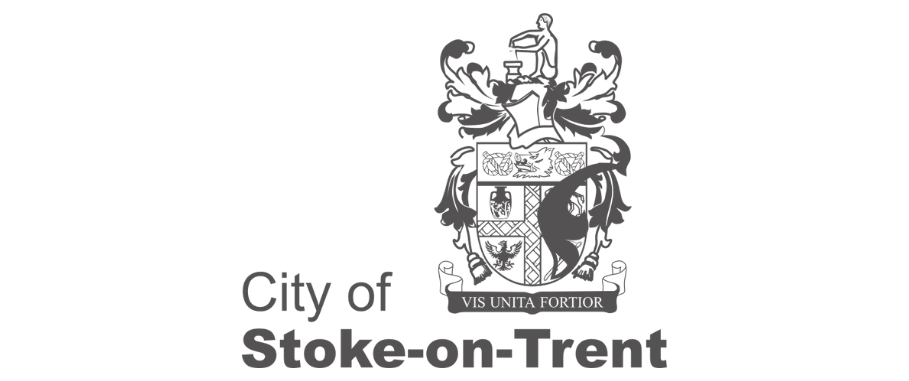
Use of external finance down in the region, but promising net zero cluster identified
The British Business Bank’s second annual Nations and Regions Tracker published today, finds usage of external finance has fallen overall across the UK as nine out of the 12 regions and nations saw a drop in use of small business finance.
The West Midlands has seen a slight decline in the amount of smaller businesses using external finance, four in 10 (40%) reporting usage in the second quarter of 2022, down two per cent from 42% a year earlier. Core debt products remain the most used and widely available across the region.
Businesses in the West Midlands secured 68 deals worth £338m of equity investment in 2021. The number of equity deals increased by 13% compared to 2020, but investment is down 12% compared to 2020
The report also identified a number of promising clusters for net zero investment activity, with the Warwickshire County Council area highlighted. The area has attracted £55m across 29 net zero equity deals since 2011, with just over half of deals in the auto sector and a fifth in renewables. The cluster is responsible for 62% of net zero deals in the West Midlands.
The Nations and Regions Tracker found that businesses in the most deprived areas of the UK are more open to using finance and report higher levels of ambition for growth, whilst facing greater challenges in accessing external finance.
Nearly half (49%) of businesses in the most deprived areas have a long-term ambition to be a significantly larger business, compared to 40% elsewhere. They are also more willing to use external finance to grow (36%) than businesses in less deprived areas (33%).
However, the report found that the growth ambitions of smaller businesses in the UK’s most deprived areas are being stifled because of a lack of access to finance. 13 per cent of firms in the West Midlands are based in the most deprived areas of England and Wales, making them more likely to face barriers to growth.
A quarter (26%) of smaller businesses in need of finance in deprived locations did not apply. Of those who did apply between 2020-21, 16% were turned down compared to just 11% elsewhere.
London’s dominance of equity finance markets continued in 2021. In total, 1,286 deals worth £11.9bn took place in London in 2021, representing 66% of investment and 49% of deals in the UK. The West Midland’s share of equity investment stood at 3% of investment value and 2% of deals in 2021.
 Dr Sophie Dale-Black, UK Network Director, Midlands at the British Business Bank, said:
Dr Sophie Dale-Black, UK Network Director, Midlands at the British Business Bank, said:
It is encouraging to see evidence of a future net zero cluster of investment emerging in the West Midlands around the Warwickshire area, with the region already known as a hotbed of innovation and technology.
The decline in external finance usage across the regional landscape brings to life the various economic challenges smaller businesses are facing when in recent years. It is important that all firms know what options are available to support them in the months ahead which we are committed to helping them with.
British Business Bank improving access-to-finance conditions for businesses in the UK’s most deprived areas
The Bank remains committed to addressing regional imbalances in access to external finance. In the West Midlands, the Bank’s core programmes are supporting £448m of finance, reaching 5,542 smaller businesses
The Midlands Engine Investment Fund, launched by the Bank in 2017, has invested £124m in over 460 smaller businesses, whilst also securing an additional £150m in private sector leverage.





